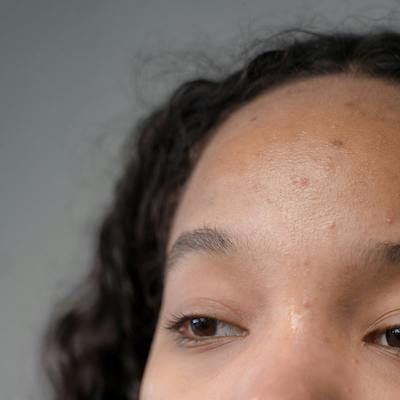Opinion
Video
Emerging Therapy for Patients With HS
Author(s):
An expert in dermatological conditions discusses new treatments in the pipeline for HS, commenting on her experience with biologic treatment.
Gina Mangin, MPAS, PA-C: What biologics are available for our patients with HS and what biologics are in the future? I mentioned earlier that the only FDA-approved medication and biologic that is available for our patients is adalimumab, which is a TNF [tumor necrosis factor] inhibitor, but it is promising and encouraging because we have new ones that are going to be hitting the market very soon. One of those, which is secukinumab, is going to target IL-17. Another that has completed phase 3 trials and hopefully will be hitting the market soon, which also targets IL-17…is ixekizumab…. Not only are we having newer biologics and injectables that are under investigation, but there are also oral JAK inhibitors that are under investigation. So, the future is bright for our patients with HS and it’s exciting that we’re going to hopefully have more options for our patients to get them better.
My experience with treating patients with biologics has been very positive. I use biologics in patients with psoriasis and atopic dermatitis, and in patients with HS. I have had and do have patients who are currently on adalimumab, are experiencing HS, and doing well. I also have some patients who are better but not completely there. That’s why I’m excited that we’re going to have some newer biologics that are available. Often when I’m using biologics, I have found it has been an easy conversation with my patients because it’s medications that are targeted therapies, and being targeted, it helps me explain to them that the adverse effects may be less as compared with something like oral prednisone or our oral immunosuppressive medications. That tends to put my patients at ease when we’re talking about these medications, especially because we now have so much data over the past 15 years with the use of these biologics. I feel as if the data and the safety of these medications are improving as we use these over time.
The clinical impact that these neurobiologics are going to have for our patients with HS is that they are going to improve patient care, meaning…better long-term results. And if we have better long-term results, I think our patients are going to be far more adherent. I feel as though our patients are not going to be hopping from one clinic to another looking for that magic cure. My hope is that we’re going to have better long-term control, and that’s going to lead to better patient adherence and better patient improvement overall.
Transcript edited for clarity





